
As the automotive industry shifts toward more sustainable options, many drivers find themselves deciding between hybrid and electric vehicles. While fully electric cars have their merits, hybrids offer a unique blend of benefits that cater to a wide range of consumers. Whether it’s cost savings or the convenience of a traditional fuel engine, hybrid cars stand out for several compelling reasons.
Cost-Effectiveness
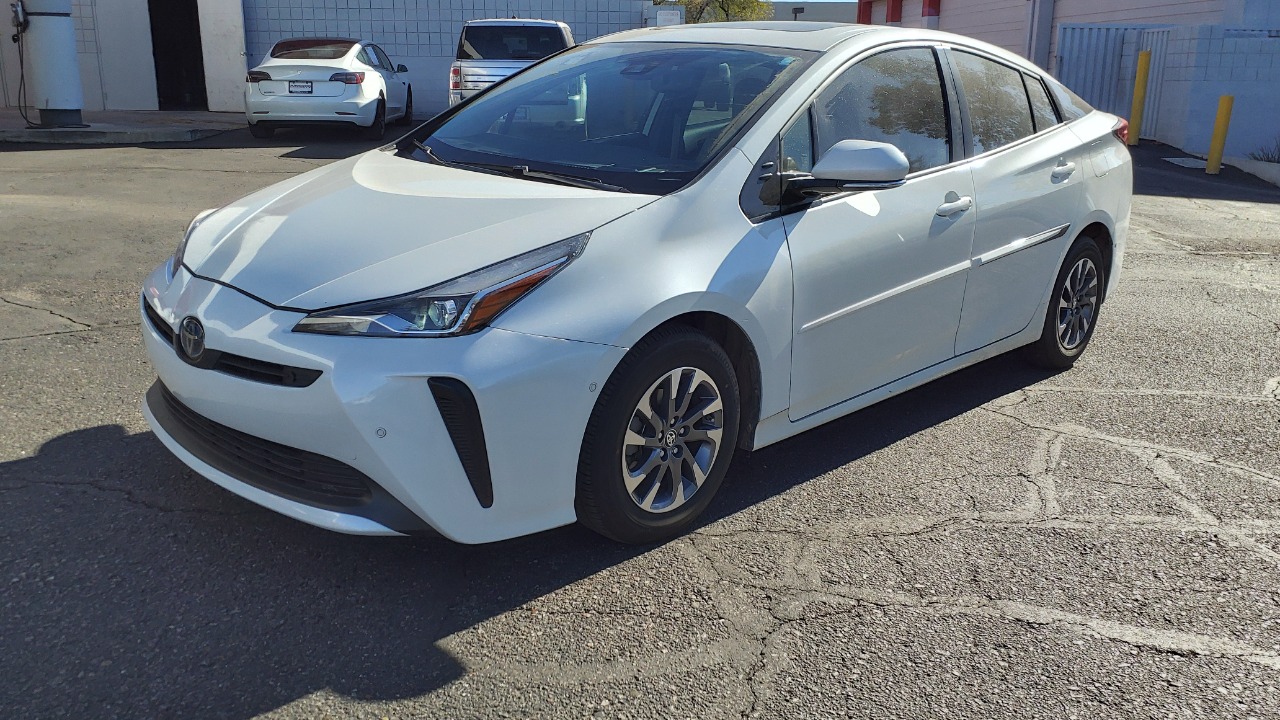
One of the most appealing aspects of purchasing a hybrid vehicle is its cost-effectiveness. Unlike fully electric vehicles, hybrids generally have a lower upfront cost. For example, the 2023 Toyota Prius offers a more budget-friendly price compared to many electric models while still delivering excellent fuel efficiency. Additionally, hybrid vehicles tend to incur lower maintenance costs because they use both a combustion engine and an electric motor, reducing wear and tear on either system. This balance can result in fewer trips to the mechanic and lower overall expenses.
Extended Range

Hybrids excel in offering an extended driving range, which can be a significant advantage for those who frequently travel long distances. The combination of a fuel tank and battery allows for seamless transitions between power sources, providing peace of mind during long road trips. For instance, the Honda Accord Hybrid boasts a combined range that often exceeds 600 miles on a full tank and charge. This capability ensures that drivers don’t have to worry about finding a charging station in remote areas, a common concern for electric vehicle owners.
Charging Flexibility
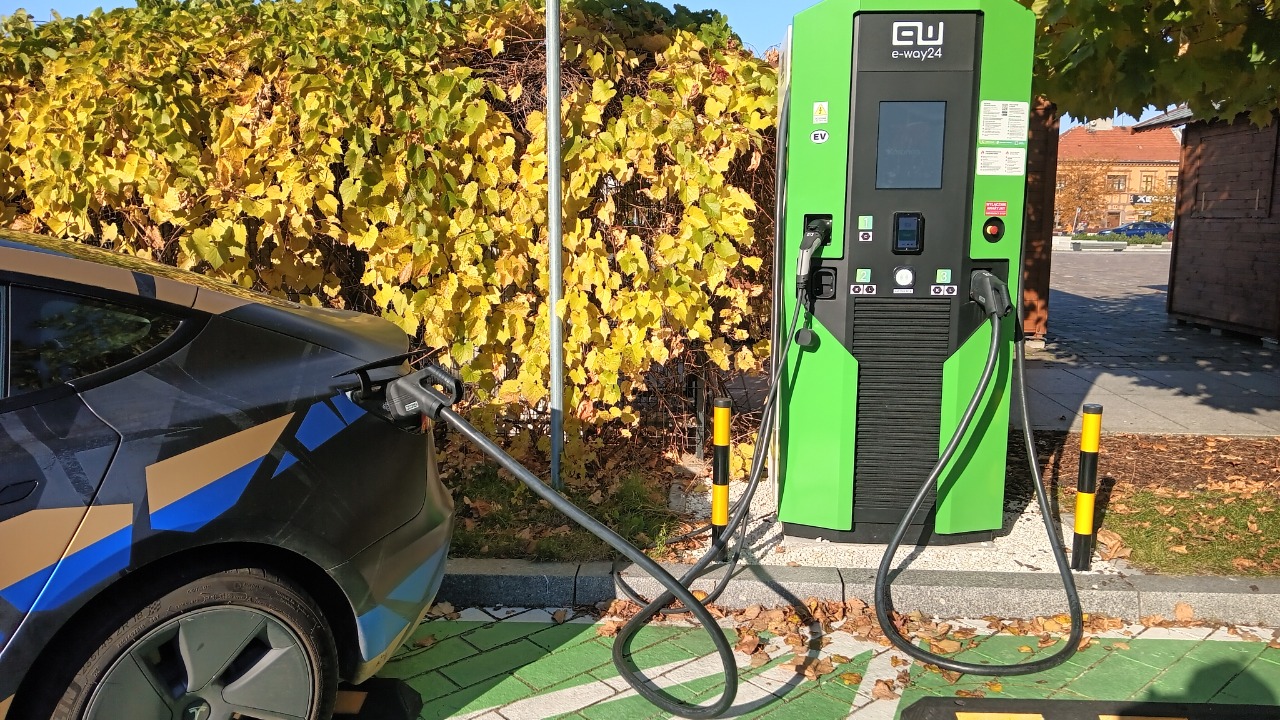
The flexibility to switch between gasoline and electric power is a major benefit of hybrid vehicles. Unlike fully electric cars that depend solely on charging stations, hybrids allow you to refuel at any standard gas station. This is particularly useful when traveling in areas with limited charging infrastructure. A recent report highlights new plug-in hybrid models that ease the transition toward electric driving, offering the best of both worlds.
Environmental Benefits
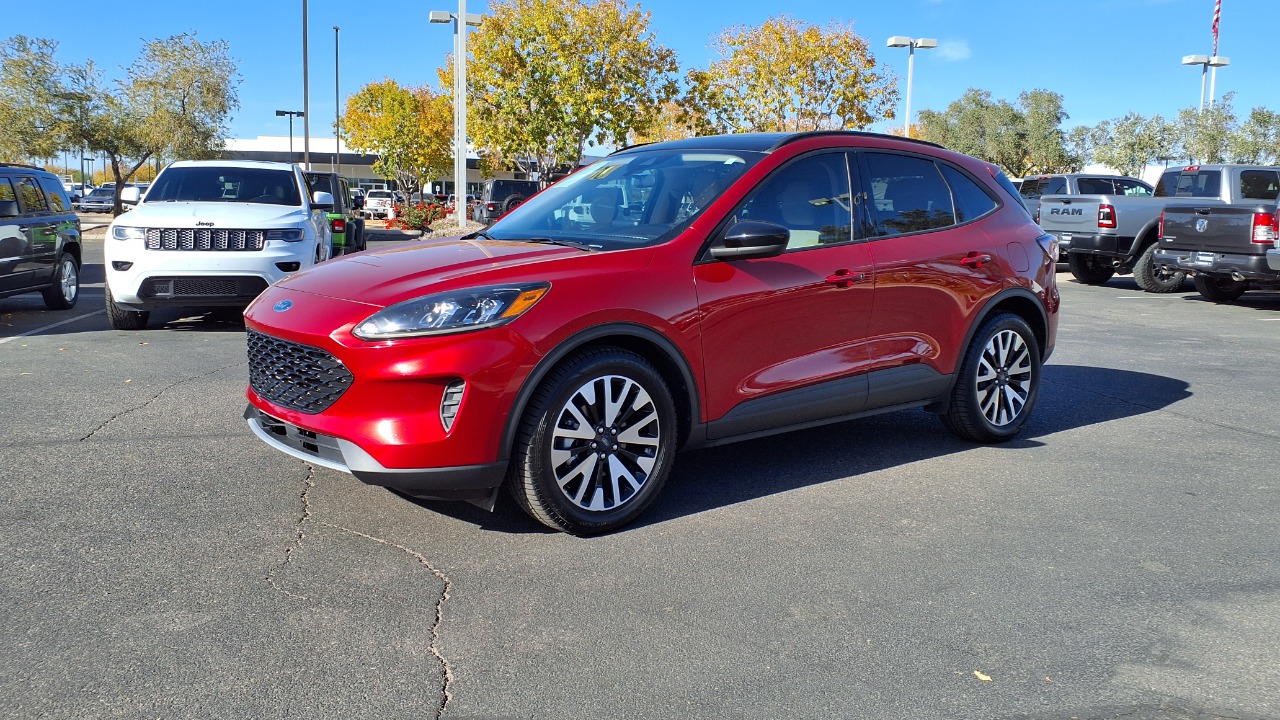
Hybrids contribute to environmental sustainability by reducing emissions and fuel consumption. By utilizing both electric and gasoline power, hybrids can significantly lower carbon footprints compared to traditional gas-powered cars. Many models, such as the Ford Escape Hybrid, offer excellent fuel economy and reduced emissions, making them an appealing option for environmentally conscious consumers. According to Volvo Cars Palo Alto, hybrids are a great transitional choice for those looking to lessen their environmental impact without fully committing to an all-electric vehicle.
Infrastructure Compatibility
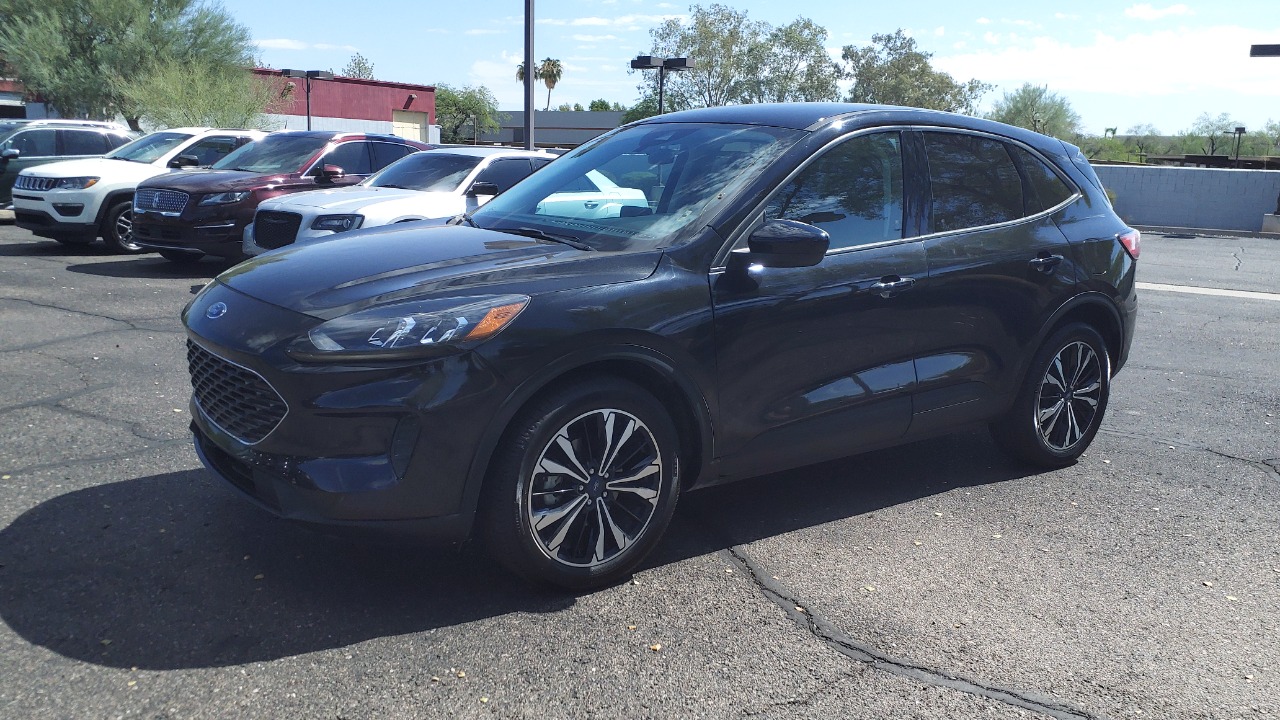
Hybrids seamlessly fit into existing infrastructure, making them an attractive choice for many drivers. Unlike electric vehicles, which require specialized charging stations, hybrids can utilize the well-established network of gas stations. According to Quora, this compatibility can make hybrids a more practical option for those who live in areas where charging infrastructure is not yet fully developed.
Proven Technology
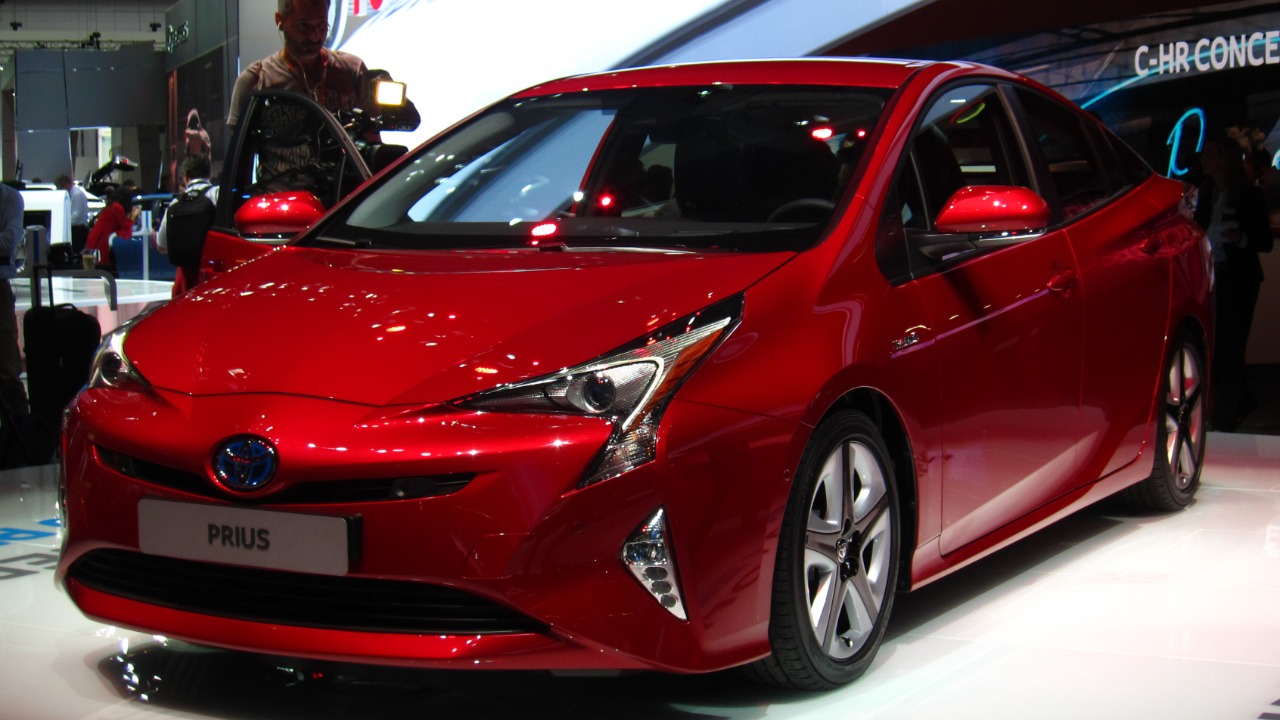
Hybrids have been around for decades, offering a proven track record of reliability and performance. Brands like Toyota and Honda have perfected hybrid technology, ensuring that these vehicles are dependable and efficient. The Toyota Prius, first introduced in the late 1990s, remains a popular choice today due to its consistent performance and reliability. This history proves that hybrids are not just a temporary trend but a viable long-term option for consumers.
Resale Value
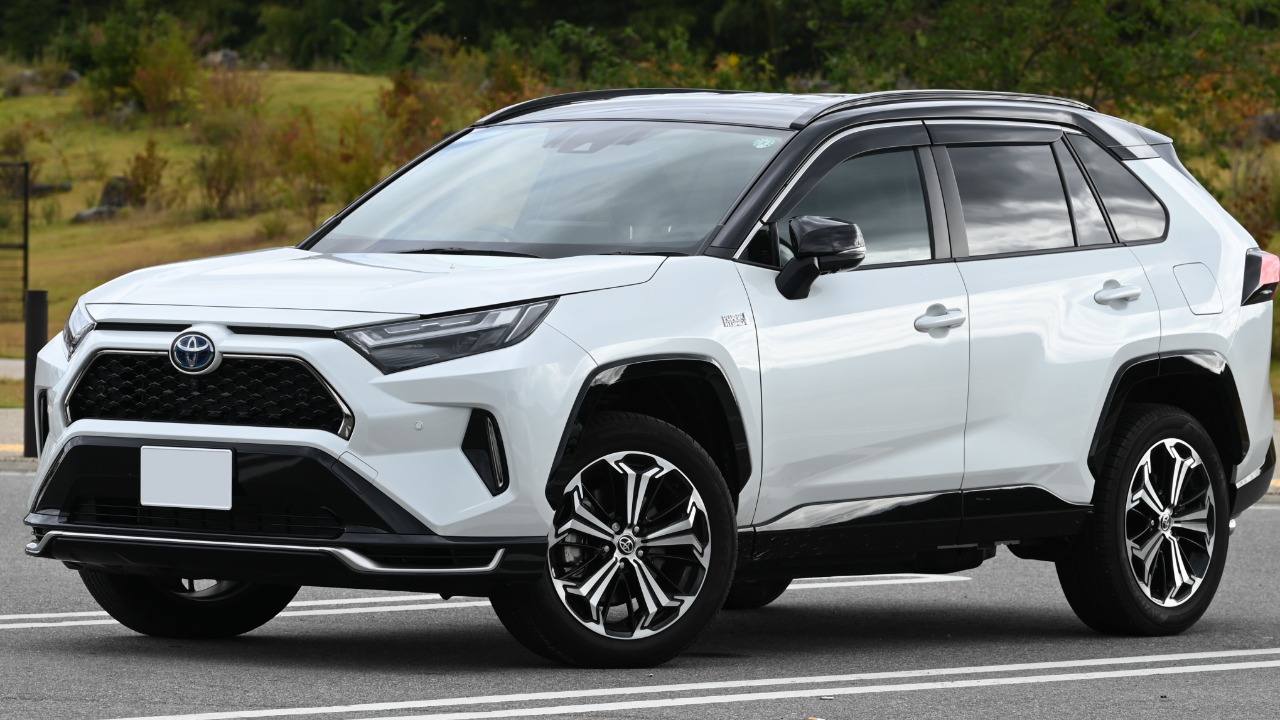
Finally, hybrids often maintain a strong resale value, making them a wise investment. Vehicles like the Toyota RAV4 Hybrid are known for retaining their value over time, thanks to their reliability and popularity. This can be particularly appealing for individuals who plan to upgrade their vehicle in the future. According to a Gate City Bank article, the demand for hybrid vehicles remains robust, which helps sustain their resale value in a competitive market.